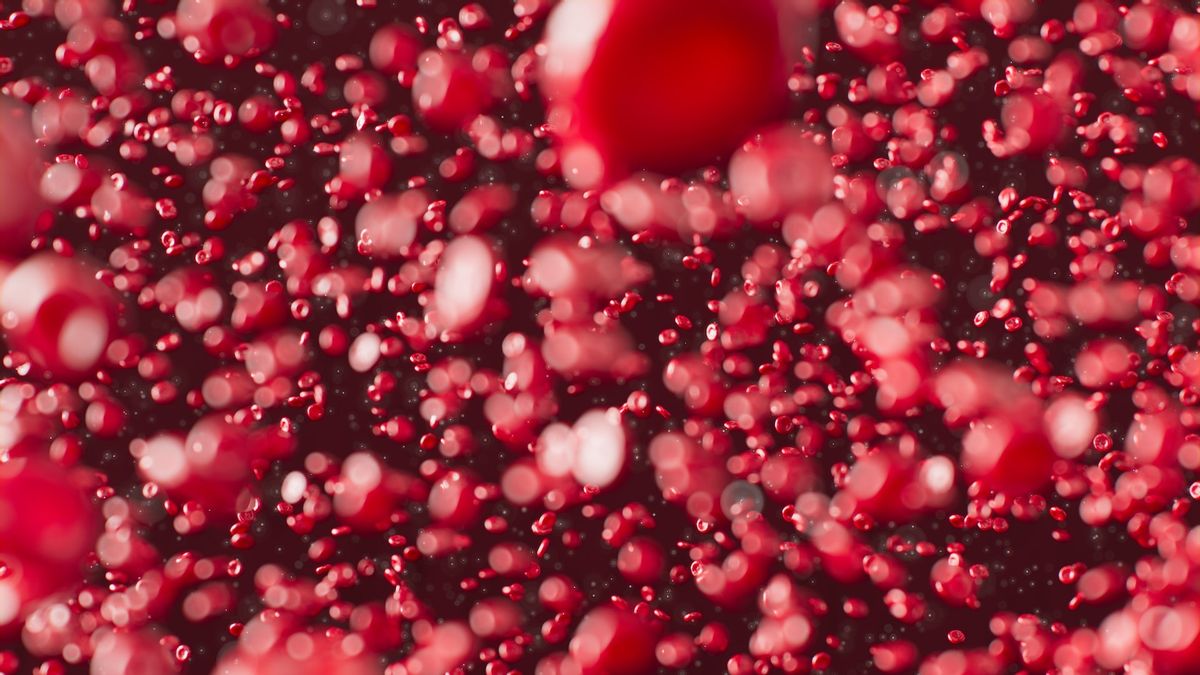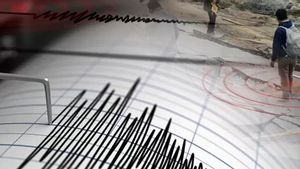YOGYAKARTA - What you usually think comes to your mind when you think of the meaning of "rareness may be something unusual or special, such as rare gifts, rare occasions, or rare gems. Definition of other dictionaryes from "frequents" including "strengths happen, rare, unique, extraordinary." For example rare blood groups.
You may have heard the expression the rarest blood class and wonder what it really means. After all, how can a blood type be rare, and what exactly is the rarest blood type, if it exists?
When talking about life-sustaining fluids flowing through your blood vessels, yes, there are rare types of blood, and all of the above definitions apply. There is a small part of the population that is unique because they have blood types that many others don't have.
According to some sources from the United States, the rarest blood type in the US blood donation population is AB-negative, noting that as a blood type only 1% of the population. B-negatives are only 2 percent of our population, followed by AB-positives of 4%. The distribution of total blood types in the US is as follows:
AB-negative 1%
B-negative 2%
AB-positive 4%
A-negative 6%
O-negative 7%
B-positive 11%
A-positive 32%
O-positive 40%
Rhnull or "gold blood"
Rhnull is a rare blood type that does not contain Rh antigens in red blood cells. Also dubbed "gold blood" because of its extreme scarcity, only 1 in every 6 million people are considered to have this phenotype.
When scientists continue to learn more about the Rhnull phenotype, it's important to let your doctor know that you have this type of blood if you need a transfusion. Due to the scarcity of gold blood, there is a small group of regular donors around the world.
People with Rhnull's blood phenotype may also be at risk of developing chronic hemotic anemia, which causes your body to destroy immature red blood cells.
Why is blood type important?
Your immune system naturally contains protective substances called antibodies. This helps fight foreign objects that are not recognized by your immune system. Usually, they attack viruses and bacteria. But antibodies can also attack antigens that are not in your natural blood type.
For example, if you have type B blood mixed with type A blood during a transfusion, your antibodies will destroy blood cells with antigen A. This can be fatal, which is why worldwide medical centers have strict procedures to prevent this from happening.
To add to the complexity, blood types don't always have to be the same exactly to be compatible. For example, AB blood has antigen A and B, so that someone with this blood type can receive type A or B blood.
Everyone can accept blood type O because it does not contain any antigens. This is why people with blood type O are considered universal donors. But people with blood type O can only accept blood type O.
In terms of Rh factors, people with Rh-positive blood can receive Rh-positive or Rh-negative blood, while people with Rh-negative blood can only receive Rh-negative blood.
In some cases, a person with Rh-negative blood can carry a child with Rh-positive blood, resulting in a dangerous condition called a Rh mismatch.
How to find out what blood type you have
The best way to find out what blood type you have is to provide blood samples. You can ask your health professionals to check your blood type during routine blood tests, or you can find out this information when donating blood. There is even a test kit at home that you can buy.
It's not unusual if you don't know your blood type. But this important information is important to know in an emergency, such as the need for blood transfusions.
So after knowing rare blood types, watch other interesting news on VOI, it's time to revolutionize news!
The English, Chinese, Japanese, Arabic, and French versions are automatically generated by the AI. So there may still be inaccuracies in translating, please always see Indonesian as our main language. (system supported by DigitalSiber.id)









